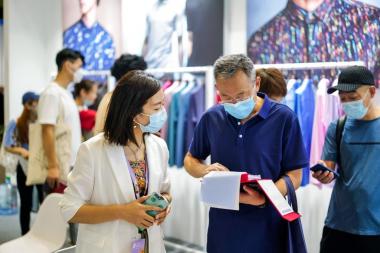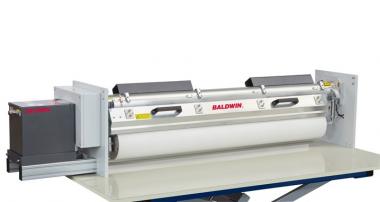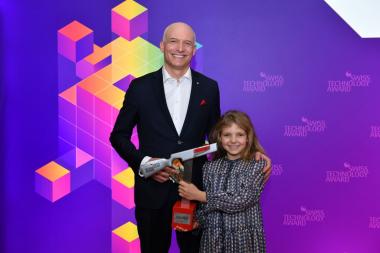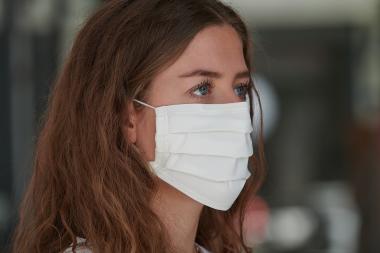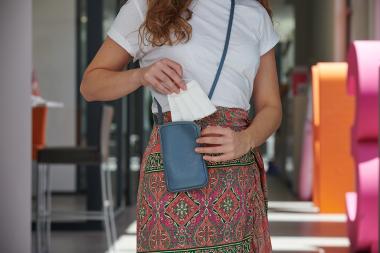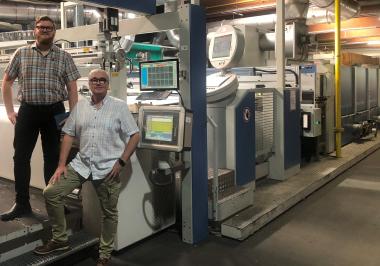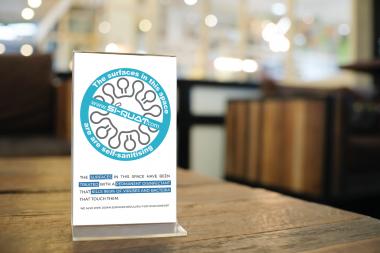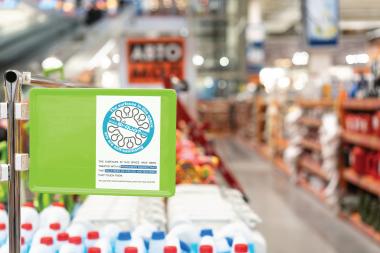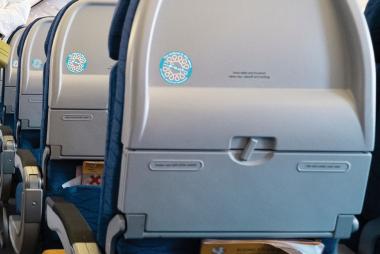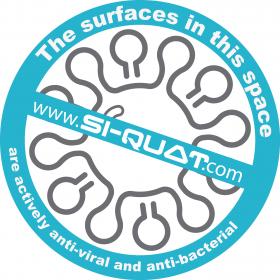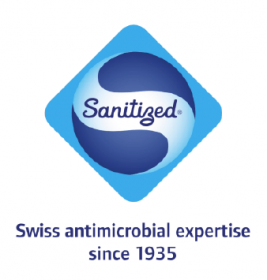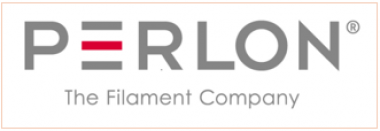CHIC Shanghai postponed by three weeks to March 28-30, 2023
CHIC - China International Fashion Fair starts the new year with a new date and fresh ideas. The unrestricted entry to China is possible again and CHIC March will be postponed by three weeks to facilitate visa applications.
From March 28 to 30, 2023 around 1,600 exhibitors will meet on 117,200 sqm at CHIC at the National Exhibition & Convention Center (NECC) in Shanghai.
In 5 halls the fair presents itself in clearly structured segments with the big players and young, up-and-coming designers as well as exciting niche brands in the areas of womenswear, menswear, kidswear, denim, shoes, bags and accessories, young fashion, sportswear, designer brands and overseas brands.
Around 120,000 trade visitors are expected at the upcoming CHIC, serving all major distribution channels in China such as large shopping malls and department stores, agents, distributors, buyers from multi-brand and concept stores, live stream providers, etc. The CHIC organizers invest in intensive visitor marketing measures. CHIC Matching, the successful networking system of CHIC, brings exhibitors and visitors together efficiently and individually. New contacts can be made and cooperation opportunities explored. Comprehensive marketing activities via all relevant channels such as the CHIC WeChat Public Account (> 200,000 subscriptions), the CNGA WeChat mini program (> 100,000 subscriptions) and TikTok ensure visibility.
New: CHIC Showroom, the innovative young showroom concept in Beijing, which is to be expanded and will enable international brands to enter the Chinese market in the medium term.
CHIC Shanghai
JANDALI


